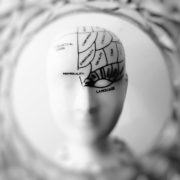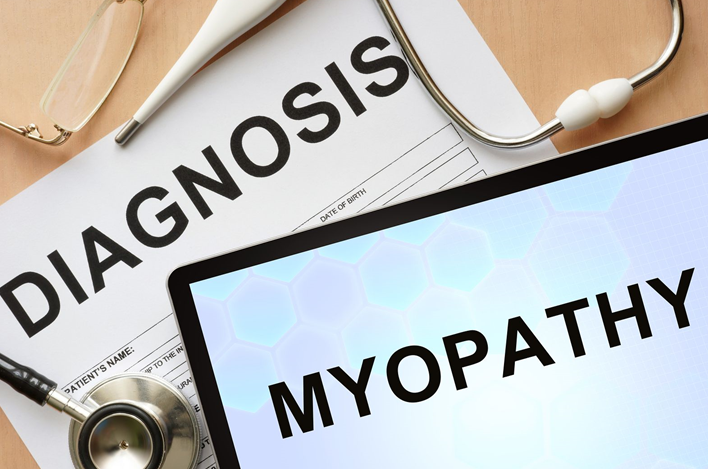Update of Neurological Symptoms Showing in COVID-19 Patients
Recent Findings illustrate that COVID-19 is far more than a respiratory infection. It poses a threat to the whole nervous system, including the brain, spinal cord, and nerves.
Research is showing that about half of hospitalized Coronavirus patients experience neurological symptoms. This can include dizziness, difficulty concentrating, a loss of smell and taste, seizure, stroke, and muscle weakness. Read More
Dulles neurologist, Dr. Sarbjot Dulai, explains the newest neurological symptoms that are being seen in COVID-19 patients, as well as the neurological impact of this infection.
Neurological Impact
Although the predominant clinical presentation of COVID -19 (Severe Acute Respiratory Syndrome Coronavirus 2) is with respiratory infection, neurological manifestations are now being recognized more and more. Researchers are finding the nervous system can be affected by COVID-19 as well. For one example, the virus’s wear and tear on the lungs and heart can make it hard to get enough oxygen to the brain, thus possibly causing Cerebrovascular disease. Cerebrovascular disease refers to a group of conditions that affect the blood vessels and blood supply to the brain. If a blockage or hemorrhage prevents the brain cells from getting enough oxygen, the brain can be damaged as a result. Another example is the virus infecting the brain itself. It is possible for COVID-19 to not only infect the lungs, but also the brain. The reaction of the immune system to the infection can cause inflammation that can damage the brain and nerves.
This makes it important for you to be aware that a COVID-19 infection may initially present with neurological symptoms before any of the more well-known symptoms such as fever, cough, or respiratory distress.
Neurological Symptoms
The most common symptoms of COVID-19 have been:
- Cough
- Fever or chills
- Shortness of breath
- diarrhea
- Nausea or vomiting
These symptoms should still be watched for but should also include the following neurological symptoms:
- Headaches
- Dizziness
- Weakness
- Stroke
- Decreased alertness
- Loss of smell or taste
- Seizure
- Muscle pain
- Difficulty concentrating
- Not being able to speak suddenly
- Tingling or numbness in the extremities
- Lethargy
Since these symptoms are now being seen before the more commonly known symptoms of infection in some patients, it is more important than ever to be aware of your symptoms and to seek help from your Dulles neurologist. It is also important to continue following safety protocols such as social distancing, respiratory hygiene, and wearing a face covering in public settings. By following these protocols, you can continue to help protect older adults and persons with underlying medical conditions who are at more risk.
Consult a Neurologist
Although the proportion of COVID-19 infections leading to neurological disease may remain small, if you or someone you care about are presenting new neurological symptoms, see Dr. Dulai, an experienced neurologist in Leesburg Virginia. He can Provide a physical work up as well as the tests needed to help find your correct diagnosis and treatment. Do not wait for symptoms to worsen. Due to COVID-19 the office is now offering telemedicine appointments for online consultation and where necessary scheduling office visits as well. You can call Neurology Associates at (703) 726-6393 to schedule a consultation.














